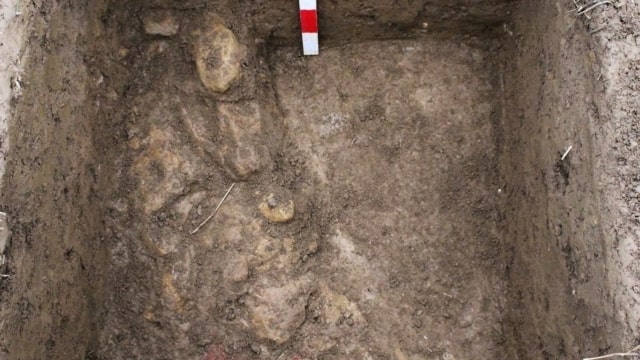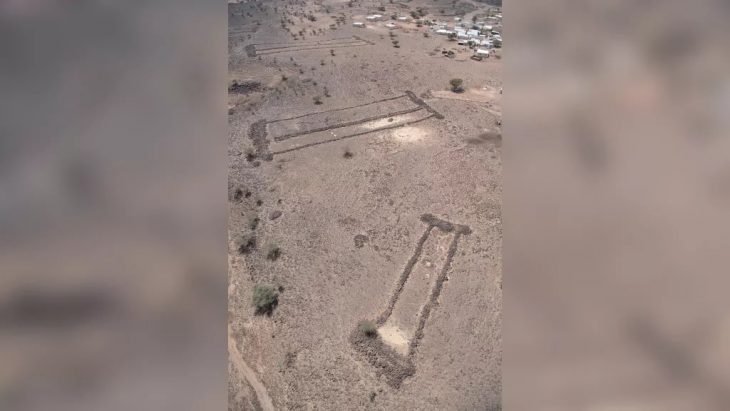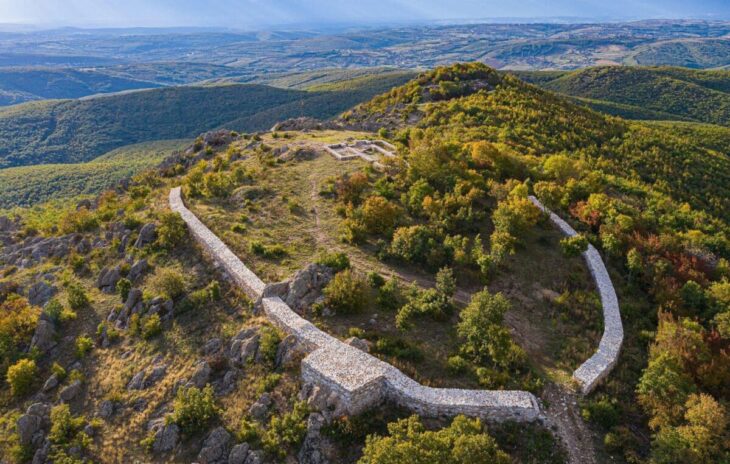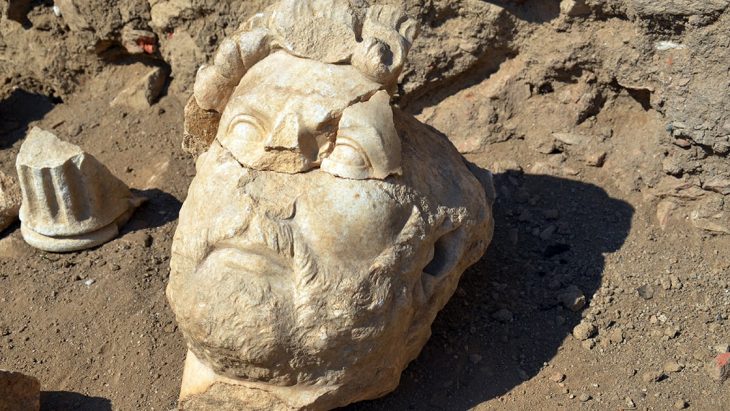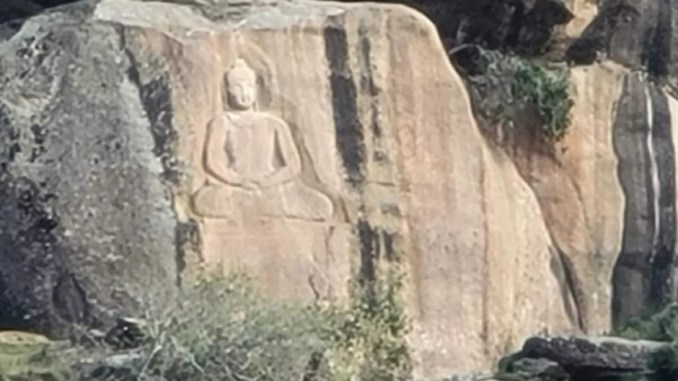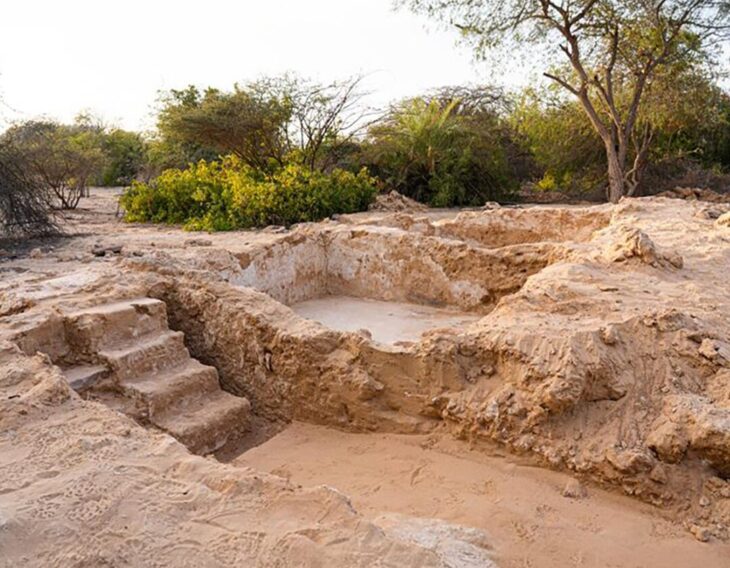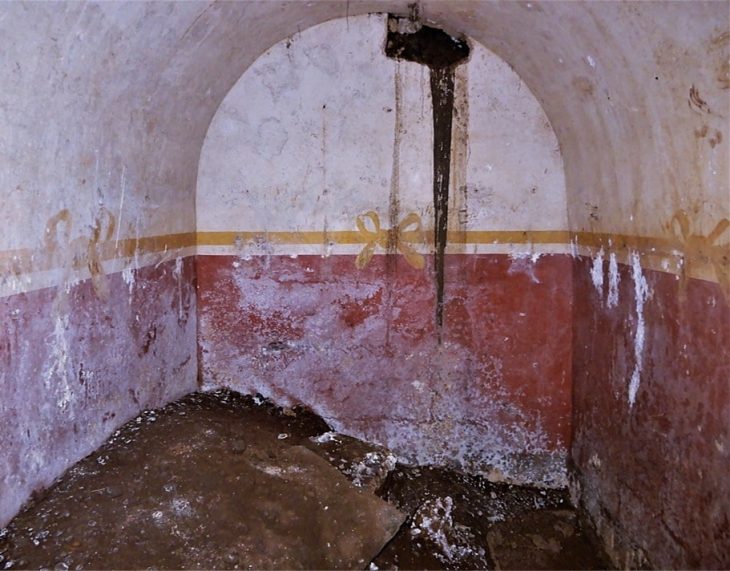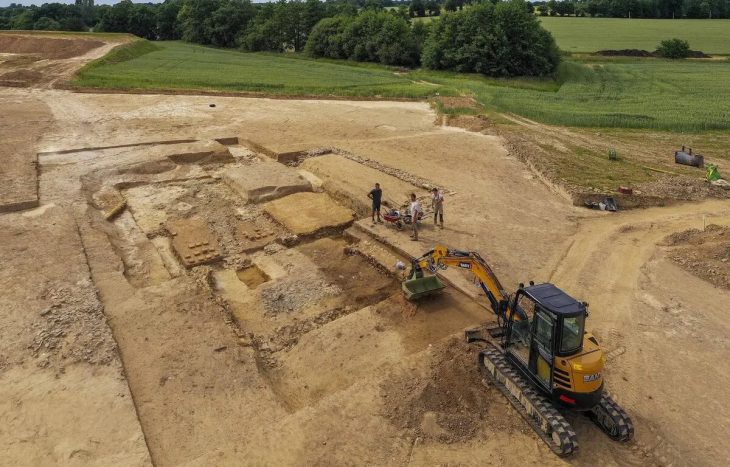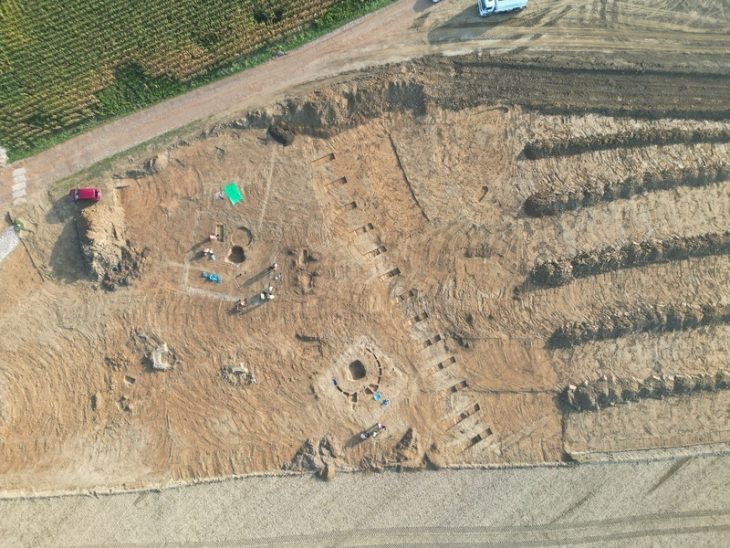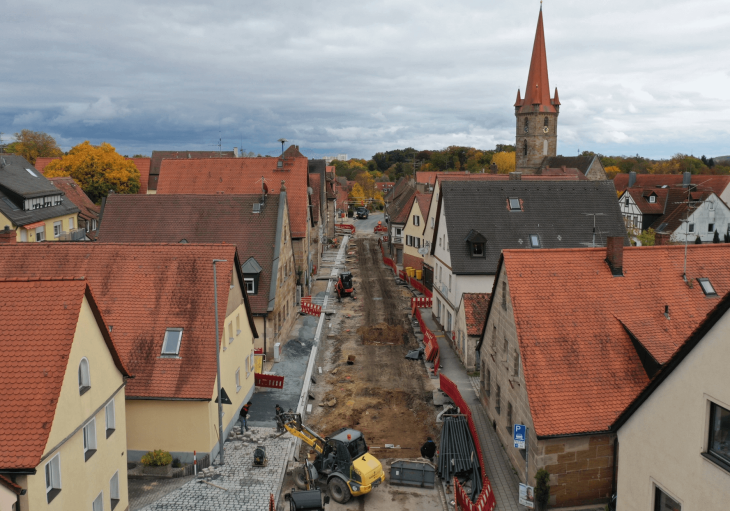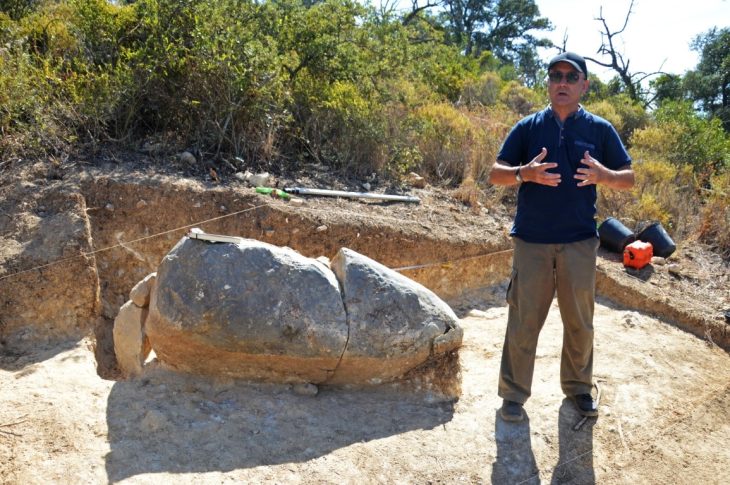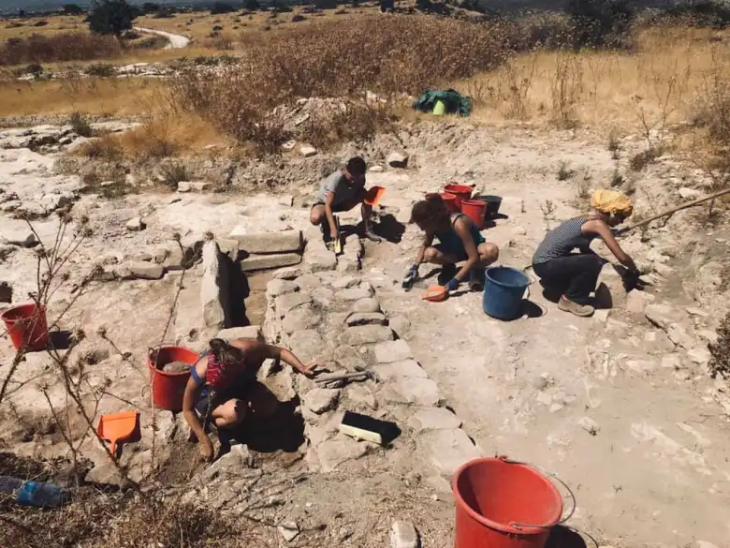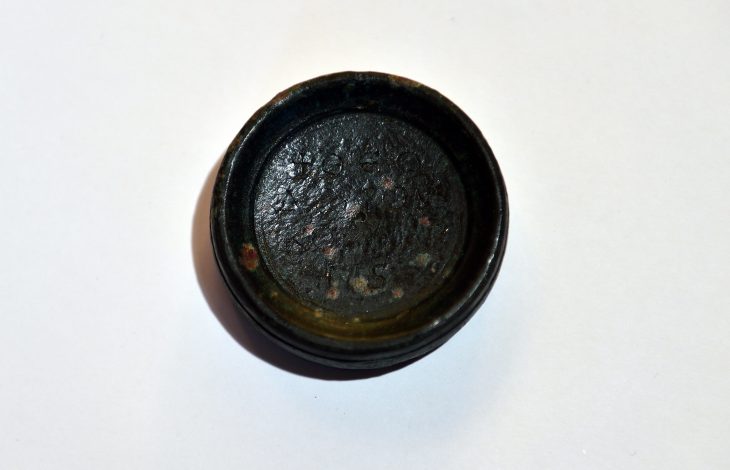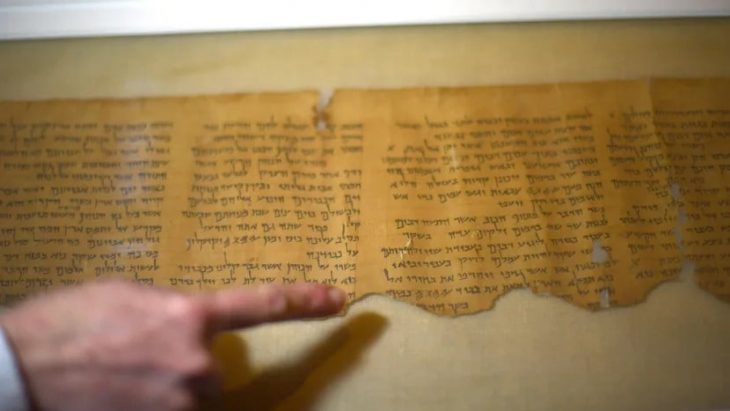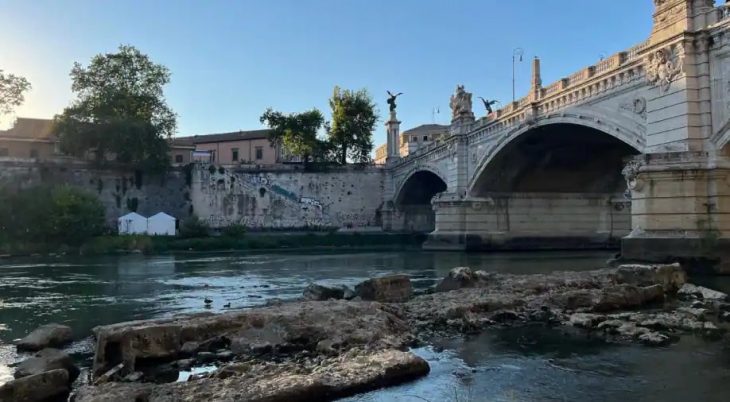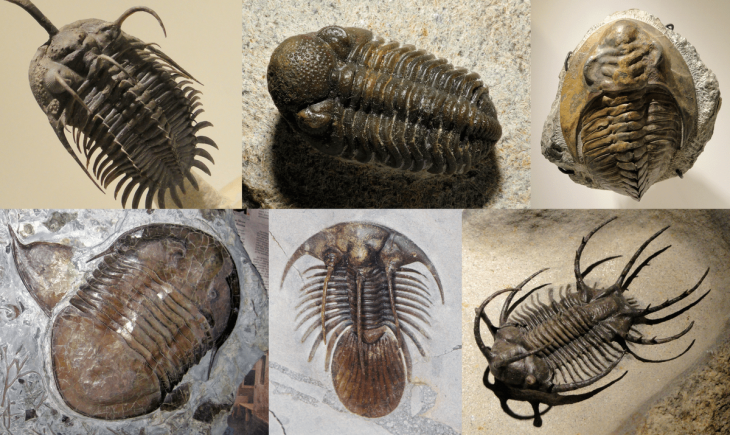After Google Earth revealed traces of underground structures, archaeologists digging at a Roman settlement in Leicestershire say they have made “substantial” discoveries.
A “substantial” Roman settlement find near a villa came as a “complete surprise”, the dig team has said.
The team from Past to Present Archaeology is currently excavating near Scalford village.
The archaeologists hoped to find a villa that was discovered nearly two decades ago by using equipment that detects underground walls and ditches. The structure was investigated partially in 2003, but its full size was unknown. Nearby, prehistoric stone tools were found, indicating that the region had been inhabited for a long time.
However, based on the most recent survey, the team believes there may be many more buildings nearby, indicating that it may have been a “substantial” Roman settlement.
📣 Our WhatsApp channel is now LIVE! Stay up-to-date with the latest news and updates, just click here to follow us on WhatsApp and never miss a thing!!
Excavation director Rupert Birtwistle told BBC News: “We just went with a hunch after looking at the site on Google Earth.”
Mr. Birtwistle added: “The villa was large enough that it went off the edge of the surveying area.
“And while we did not find any obvious prehistoric traces, it was a complete surprise to come across the Romano-British settlement.”
Excavations at the new area have confirmed ditches and enclosures, as well as unearthing part of a wall.
He continued: “For this settlement to possess buildings means that it was substantial, but we need more work to examine its connection to the villa.
“We will be examining this further over the coming years.”
The group is hoping to use crowdfunding to run excavations on the site. It said: “This settlement spans a large area and even continues beyond the scope of our survey.
“This means that there is more geophysical surveying of this area required in the future.
“We are currently still aiming to run some community fieldwork this year, although we realize due to the current Covid-19 pandemic that plans may change.”
The group is hoping to use crowdfunding to run excavations on the site next year.

